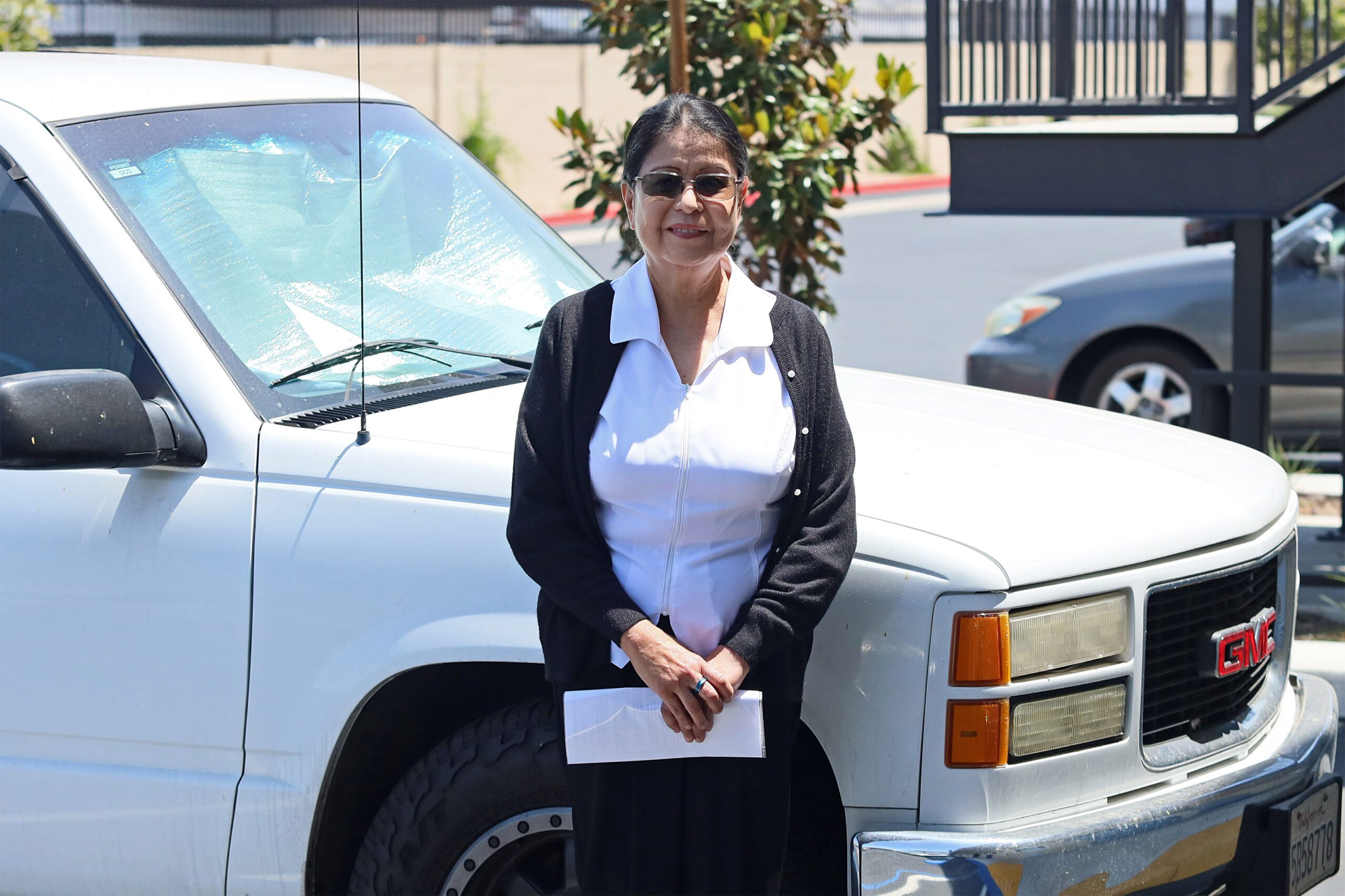CANNABIS CULTURE – Bring your plants, seeds and joints to Eidsvolls plass by the Norwegian Storting (Legislature) on Thursday 22 September.
In Norway, civil society is confronting the drug law. The Norwegian royal commission on drug reform has found the criteria for punishment wanting, but the Norwegian government will not reject the premises of prohibition. Instead, the problem of arbitrary persecution continues, and several NGOs will bring cannabis plants to the Norwegian Storting to secure the rule of law for the persecuted groupings of drug policy.
On Thursday 22 September, the Alliance for Rights-oriented Drug Policies (AROD) and the Patient Association for Safe Cannabis Use (PASCAN) will use civil disobedience to shed light on the problem of cannabis cultivation and arbitrary imprisonment, as the Norwegian police’s judgment and practice have proved unpredictable and disproportionate.
It is not uncommon for citizens who keep cannabis plants, even seeds, to be prosecuted for several kilos of finished product. The police can include leaves and twigs, which is non-smoking material, and on this basis, people are sentenced to months and years in prison. Is this right?
Last year, AROD had a civil disobedience campaign to settle a question of rights, and the police themselves assessed the case differently. Because there were no buds (smokable material) on the cannabis plant that was set up outside the main police station in Oslo on September 11, 2021, the prosecution did not want to include the plant in the indictment, and this is a breach of a long tradition that continues in the country’s courtrooms. AROD and PASCAN will therefore clarify the issue, so that arbitrary imprisonment does not occur, and again use civil disobedience to assist legal developments.
Lack of responsibility in drug policy

Mikalsen stands in front of Police Headquarters in Oslo at a prior AROD direct action cannabis sale (photo date 09/11/2021)
Since the 1980s, Norwegian professors of Criminology such as Nils Christie and Ragnar Hauge have linked the hunt for scapegoats to drug policy. AROD and PASCAN believe that there is not only a connection between the scapegoat mechanism, human rights violations, and the detection of public panic by the Norwegian royal commission on drug reform, but that the persecution continues because politicians do not want to face reality.
Chapters 3.2 and 3.3 of the report of the Royal Commission use words such as “unbalanced views”, “misleading perceptions”, “misapplication of punishment”, and “reality-resistant iniquity” to summarize the development of drug policy. We are dealing with a debate characterised by “stereotypical representations”, “moral indignation and revenge urges”, and one in which, a “scientific understanding of the drug problem has played a minor role”, and panic could not have been spreading for 50 years if principles such as equality, proportionality, self-determination and the presumption of freedom were sufficiently emphasized.
It is these principles that build a catalogue of rights. Politicians therefore cannot criminalize or pathologize drug users without first clarifying the relationship with human rights, and throughout the Norwegian drug reform AROD informed politicians about the importance of constitutional anchoring. Questions were provided that had to be answered for a regime of punishment to continue, but neither the Storting, the Minister of Health, the Minister of Justice, nor the Director of Public Prosecutions have secured the rule of law. Instead, those responsible for drug policy continue the prohibition on discarded premises, and civil disobedience is necessary to subject the political process to human rights review.
The task of the rule of law
Politicians see the prohibition as necessary to protect society’s most vulnerable. Nevertheless, from the point of view of society, we cannot assume that the prohibition provides the right kind of protection. Instead, the question becomes: Has the prohibition of drugs reduced supply and demand? Has it promoted unity, healthy values, and good research or done the opposite? Could the policy on drugs have fostered a mass formation psychosis, much like the Salem witch trials?
For more than 10 years, those responsible for Norwegian drug policy have had information that indicates the latter. The connection between public panic, human rights violations, and the arbitrary persecution of earlier times is documented in Human Rising, a report that was handed over to the Norwegian authorities in 2010, and the use of force in the field of intoxicants is becoming increasingly problematic. From the position of human rights, there must be a credible relationship between goals and means, and if less intrusive measures are better suited, the presumption of freedom dictates that the natural state be emphasized. For thousands of years, people have used cannabis and other illegal drugs with impunity, so why not transfer the insights from alcohol policy? Why live with threshold values so low that users must deal with criminals almost daily? Why not ensure quality controlled substances? Is it reasonable to expose users to the hassles of a criminal market, or would society be better served by a regulated market?
These are questions AROD and PASCAN want to process. Johs. Andenæs, Norway’s most renowned professor of law, viewed the citizens’ right of review of the law as the West’s most important contribution to world culture and we commit civil disobedience to clarify the relationship to human rights. Every year, 30,000 new drug cases are registered with the Norwegian police, but whether the punishment is proportionate is disputed and the action will provide an opportunity to clarify the police’s practice.
Accountability for a policy that every year costs 6.5 billion Norwegian kroner, thousands of years in prison, and hundreds of lives, should be a public demand. Several politicians have decided to support this mission, and we pray for a response that secures the rule of law.
Roar Mikalsen is the Leader of Norway Direct Action Group – Alliance for Rights Oriented Drug Policies (AROD)
Original Article










